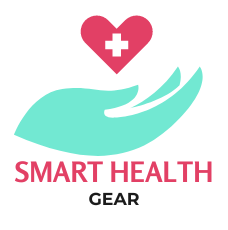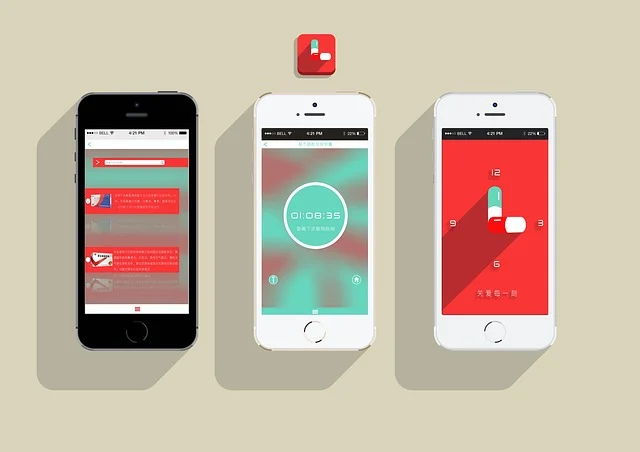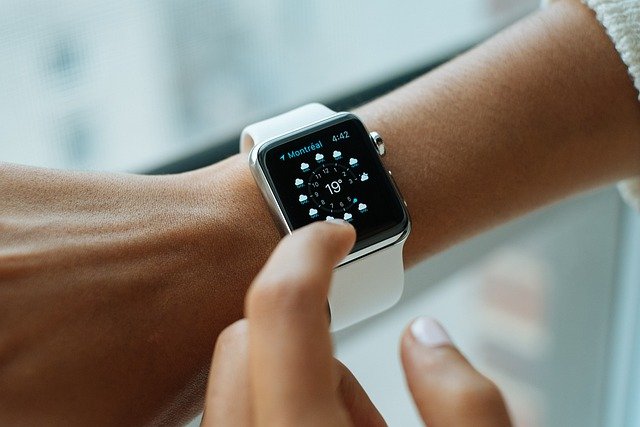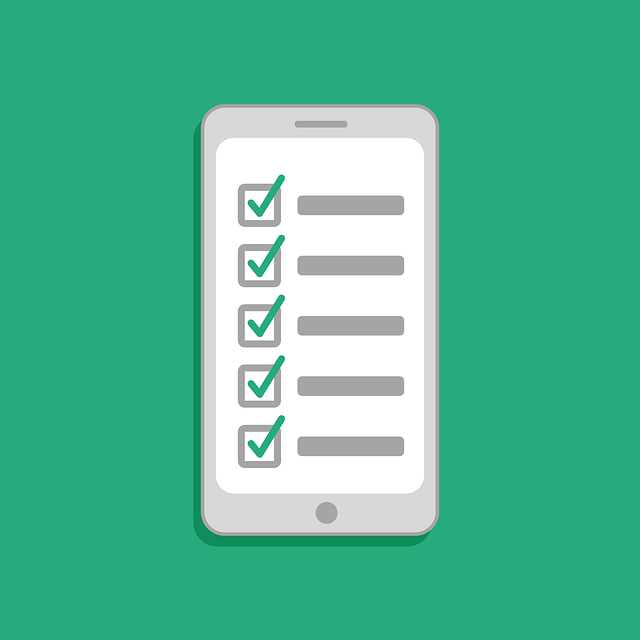Navigating Health and Fitness with Calorie Tracking Apps
In the realm of health and fitness, calorie tracking apps have emerged as invaluable tools for individuals striving to manage their diet, achieve weight loss goals, or simply maintain a healthy lifestyle. These apps leverage the power of technology to provide users with personalized nutrition guidance, real-time food logging, and insightful analytics, thereby empowering them to make informed dietary choices and track their progress effectively. From monitoring daily calorie intake to analyzing nutrient consumption and offering meal planning assistance, calorie tracking apps have revolutionized the way people approach nutrition, fostering healthier eating habits and promoting overall well-being.
The Evolution of Calorie Tracking Apps
Calorie tracking apps have evolved significantly over the years, evolving from basic food diaries to sophisticated platforms that integrate advanced features and user-friendly interfaces. Initially, these apps focused primarily on manual food logging, where users entered details about their meals and snacks to track calorie consumption. However, with advancements in mobile technology, artificial intelligence, and nutritional science, calorie tracking apps have become comprehensive tools that offer personalized recommendations, automate data entry, and provide insights into dietary habits.
1. Personalization and Nutritional Guidance:
- Modern calorie tracking apps begin by assessing the user’s dietary goals, health profile, and activity level through interactive questionnaires or initial input of basic metrics.
- Based on this information, apps generate personalized calorie targets and nutrient goals, tailored to support weight loss, muscle gain, maintenance, or specific dietary preferences (e.g., vegetarian, keto).
2. Food Database and Barcode Scanning:
- These apps boast extensive databases containing nutritional information for a wide range of foods, including branded products and restaurant meals.
- Barcode scanning technology allows users to effortlessly log food items by simply scanning the barcode on packaging, instantly retrieving accurate nutritional data.
3. Real-Time Tracking and Analysis:
- Integration with wearable health devices and fitness trackers enables seamless tracking of calories burned through physical activity, providing a holistic view of energy balance.
- Real-time analysis features offer insights into nutrient distribution, meal patterns, and compliance with daily goals, facilitating adjustments to diet and exercise routines as needed.
Key Features and Benefits
Calorie tracking apps offer a variety of features designed to enhance user experience, promote accountability, and support long-term dietary adherence. Here are some key features and benefits that highlight their impact:
1. Education and Awareness:
- Detailed nutritional information and interactive charts educate users about the calorie and nutrient content of different foods, fostering awareness of dietary choices.
- Insights into macronutrient ratios (carbohydrates, proteins, fats) and micronutrient intake help users make informed decisions to optimize their diet for health and fitness goals.
2. Meal Planning and Recipe Suggestions:
- Many apps offer meal planning tools that allow users to create balanced meal plans based on calorie targets and dietary preferences.
- Recipe databases and meal suggestions provide inspiration for healthy and delicious meals, simplifying meal preparation and promoting variety in diet.
3. Community Support and Accountability:
- Social features enable users to connect with like-minded individuals, share meal ideas, and participate in challenges or forums focused on nutrition and wellness.
- Peer support and accountability foster motivation and commitment to dietary goals, encouraging sustainable lifestyle changes.
Impact on Health and Well-being
The adoption of calorie tracking apps has had a significant impact on user health and well-being, contributing to improved nutrition habits and overall quality of life:
1. Weight Management and Body Composition:
- By monitoring calorie intake and expenditure, users can achieve and maintain healthy body weight, whether their goal is weight loss, muscle gain, or weight maintenance.
- Awareness of portion sizes and food choices promotes mindful eating, reducing the likelihood of overeating or consuming excessive calories.
2. Enhanced Nutritional Quality:
- Tracking nutrient intake helps users ensure they meet daily recommended values for vitamins, minerals, and essential nutrients, supporting overall health and immune function.
- Adjustments to dietary habits based on nutritional analysis promote balanced eating patterns that contribute to long-term wellness.
3. Lifestyle Sustainability and Behavior Change:
- Regular use of calorie tracking apps encourages adherence to healthier eating habits and fosters a positive relationship with food, free from guilt or deprivation.
- Continuous monitoring and feedback facilitate behavior change, empowering users to make gradual, sustainable improvements to their diet over time.
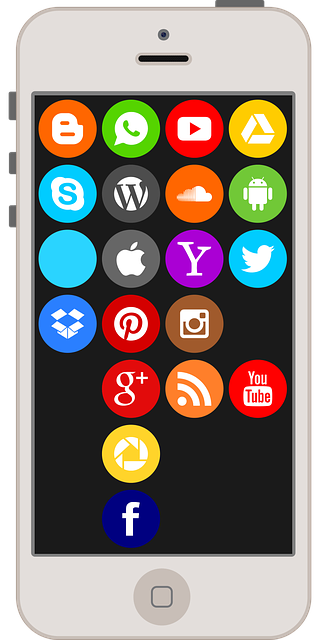
Challenges and Future Trends
Despite their effectiveness, calorie tracking apps face challenges such as user engagement sustainability, data privacy concerns, and the need for ongoing innovation to meet evolving user needs. Looking ahead, several trends are shaping the future of these apps:
1. Integration of Artificial Intelligence (AI) and Machine Learning (ML):
- AI algorithms will enhance calorie tracking apps by analyzing user data to provide personalized nutritional recommendations and meal planning suggestions.
- ML models will predict dietary patterns and preferences, offering insights into optimal food choices and portion sizes based on individual goals and outcomes.
2. Expansion into Holistic Health Management:
- Calorie tracking apps will broaden their focus beyond calories and macronutrients to encompass holistic health management, integrating features for hydration tracking, sleep monitoring, and stress management.
- Collaboration with healthcare providers and integration with wearable health devices will enable comprehensive health tracking and personalized wellness recommendations.
3. Enhanced User Experience with Augmented Reality (AR) and Virtual Reality (VR):
- AR and VR technologies will revolutionize the user experience by offering interactive meal planning tools, immersive cooking tutorials, and virtual nutrition consultations.
- These technologies will enhance engagement and education, making nutrition tracking and healthy eating more accessible and enjoyable for users.
Conclusion
Calorie tracking apps represent a pivotal advancement in nutritional technology, empowering users to take control of their diet and make informed decisions that support their health and fitness goals. By leveraging the capabilities of mobile devices, AI, and nutritional science, these apps facilitate personalized nutrition guidance, real-time tracking, and community support, ultimately promoting sustainable lifestyle changes and improving overall well-being. As calorie tracking apps continue to evolve and innovate, their potential to inspire healthier eating habits and foster long-term dietary adherence remains unparalleled. Embracing these advancements not only enhances individual health outcomes but also contributes to a broader movement towards improved nutrition and wellness worldwide.
